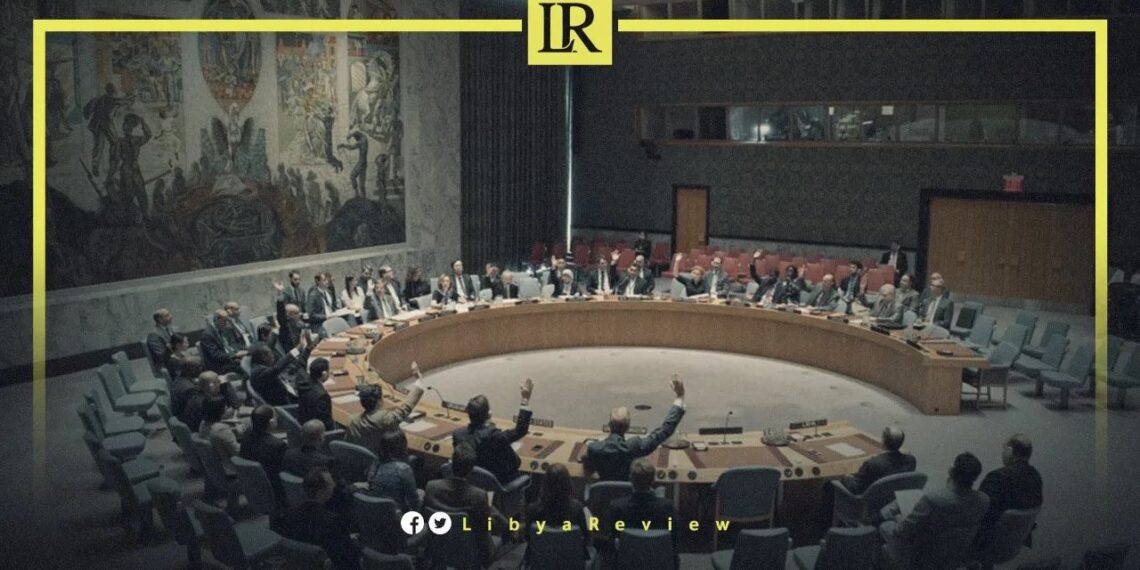The head of the Gathering of Libyan Parties, Fathi Al-Shibli, has criticised the United Nations Security Council, accusing it of obstructing stability in Libya.
In a press statement, Al-Shibli asserted that it is the Security Council itself that is prolonging Libya’s instability, expressing confidence that the Libyan people will ultimately have their say sooner rather than later.
He further stated that the United Nations Support Mission in Libya (UNSMIL) is extending the lifespan of the crisis instead of working toward a genuine resolution.
Al-Shibli’s remarks reflect growing frustration among Libyan political figures, who increasingly blame international bodies for delaying Libya’s path towards lasting peace and political consensus.
Libya has been in chaos since a NATO-backed uprising toppled longtime leader Muammar Gaddafi in 2011. The county has for years been split between rival administrations.
Libya’s economy, heavily reliant on oil, has suffered due to the ongoing conflict. The instability has led to fluctuations in oil production and prices, impacting the global oil market and Libya’s economy.
The conflict has led to a significant humanitarian crisis in Libya, with thousands of people killed, and many more displaced. Migrants and refugees using Libya as a transit point to Europe have also faced dire conditions.
The planned elections for December 2021 were delayed due to disagreements over election laws and the eligibility of certain candidates. This delay has raised concerns about the feasibility of a peaceful political transition.
Despite the ceasefire, security remains a significant concern with sporadic fighting and the presence of mercenaries and foreign fighters. The unification of the military and the removal of foreign forces are crucial challenges.


